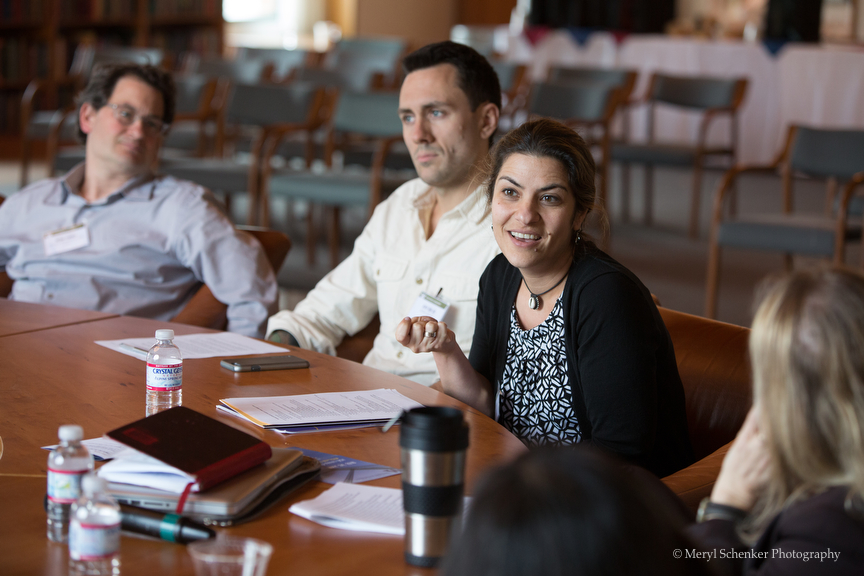
Professor Hadar Khazzam-Horovitz
A man diagnosed with ALS (also known as Lou Gehrig’s disease), begins to experience respiratory failure. His wife rushes him to the hospital and insists that he be connected to a respirator, only to be advised by doctors that even with the machine’s assistance, there is no guarantee that the man will survive with any quality of life. The hospital ethics committee is called in: What to do?
This real-life case study is an example of the sort of bioethics questions raised daily in hospitals and care facilities around the world. Bioethicists, often working in panels, ask questions and provide frameworks in order to determine the most ethical response to complicated health situations.
Hadar Khazzam-Horovitz, a lawyer and PhD in Bioethics and Medical Ethics, explored the bioethicist’s decision-making process from both a secular and Jewish perspective in a recent lecture to the Jewish Law Student Association at the University of Washington held in conjunction with J-Connect Seattle and the Stroum Center for Jewish Studies. She presented four principles of secular bioethics commonly accepted in the United States: patient autonomy, beneficence, non-malfeasance, and justice (i.e., equitable distribution of resources, such as organs for transplants).
On top of this structure, Khazzam-Horovitz layered traditional Jewish principles that might impact bioethical decisions, including pikuah nefesh, the duty to save a life, and lo taamod al dam reecha, not standing idly by the blood of a neighbor, a precept that creates a communal obligation to heal the sick. As Khazzam-Horovitz noted, these traditional Jewish principles are both significant for Jewish patients in America who face medical decisions, as well as residents of Israel, where these traditional values influence both the legal and healthcare system.
Through case studies and discussion, Khazzam-Horovitz began to tease out the sometimes complementary and sometimes conflicting intersection of secular and Jewish bioethical principles. In so doing, she helped participants appreciate the manifold values that patients and professionals alike bring to bioethical quandaries.
Dr. Khazzam-Horovitz will continue this conversation and provide additional content to consider in a new course she will offer this winter quarter at the University of Washington. Titled Bioethics: Secular and Jewish Perspectives, the course, which will be offered on Wednesdays from 11:30a.m.-12:20p.m. and Fridays from 11:30a.m.-1:20p.m., will explore legal, ethical and Jewish perspectives on contemporary biomedical issues, including doctor-patient relations; reproductive methods; euthanasia; and stem cell research. The course is open to all and will undoubtedly engender passionate discussion.
As for the man diagnosed with ALS, Dr. Rahamim Melamed-Cohen, his wife’s wishes to connect him to a respirator were respected, and he is still alive today. He communicates using a computer that he controls using eye movement, and writes that these are “the best years of my life.”
Links for Further Exploration
- Take a Jewish Studies course at UW this winter
- Attend a lecture with Dr. Simon Rubenfeld of Baylor School of Medicine on Medicine and Medical Ethics after the Holocaust on February 1, 2017

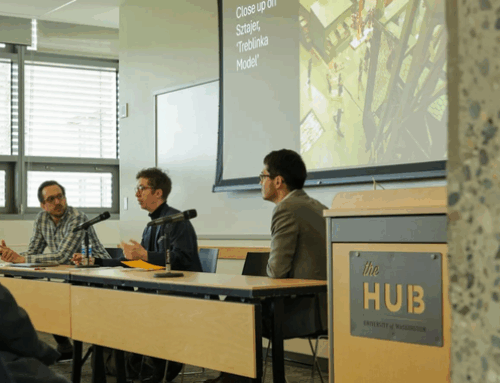
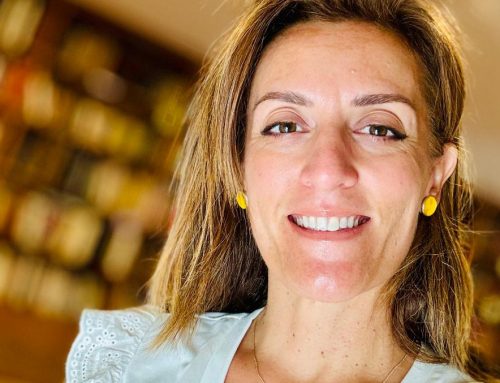
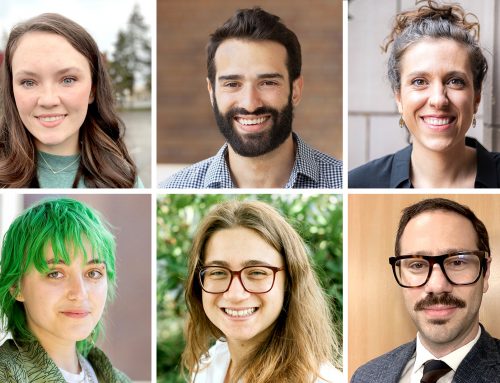
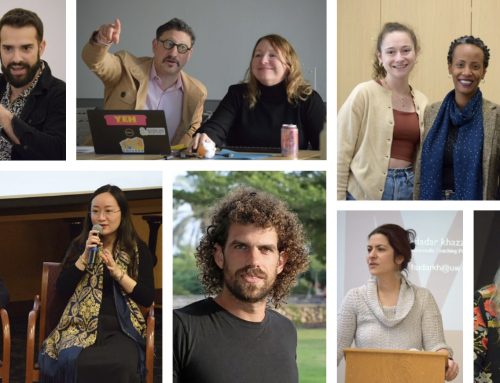
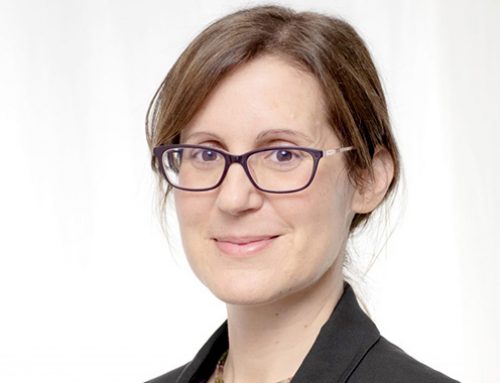

Beautifully written. Thanks Lauren.